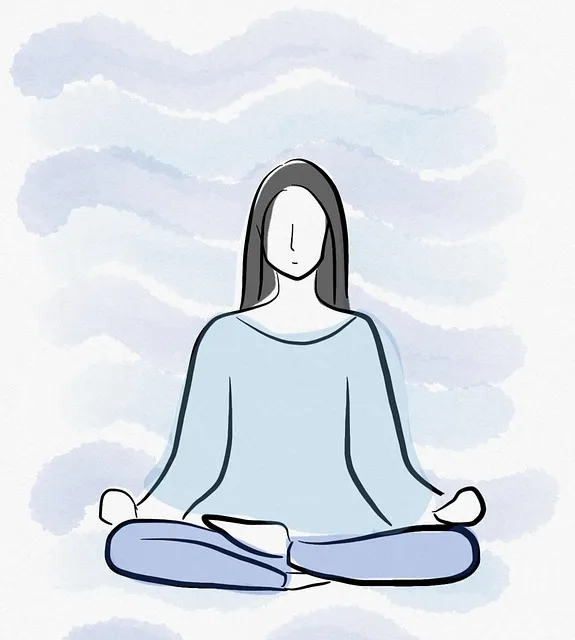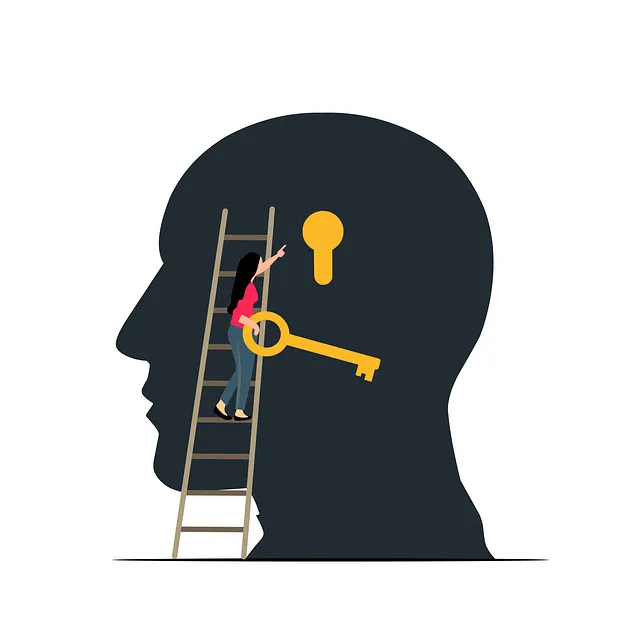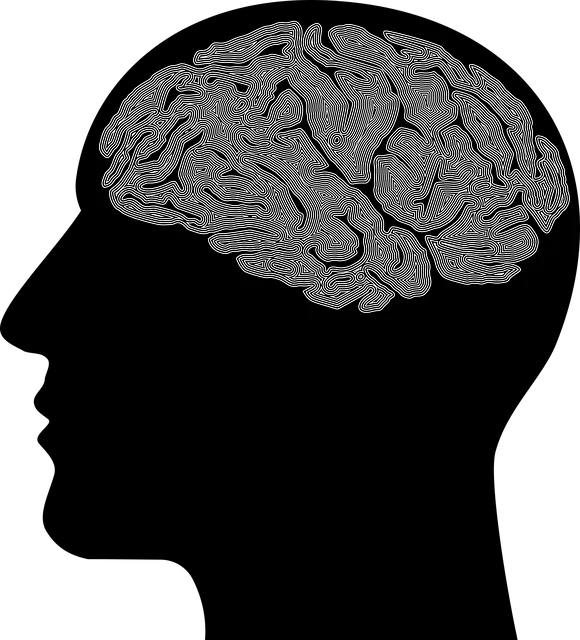Centennial Kaiser mental health classes tackle stress, a prevalent modern issue, by exploring stressors from work, finances, relationships, and life changes. These interactive sessions, led by experts, empower individuals with evidence-based stress reduction practices like mindfulness exercises, breathing techniques, and progressive muscle relaxation. The classes foster community support, conflict resolution skills, emotional regulation strategies for trauma survivors, and promote sustainable tools for long-term stress management in high-pressure professions.
Stress management is a vital skill in today’s fast-paced world. This comprehensive guide explores effective techniques to navigate and overcome stress, offering a holistic approach to well-being. We delve into the science behind stress, its causes, and impacts on our lives. The article highlights the benefits of Centennial Kaiser mental health classes, showcasing their role in teaching practical tools for daily stress reduction. From mindfulness and meditation to building resilience, discover strategies to cultivate a calmer, more resilient mindset.
- Understanding Stress: Unraveling the Causes and Impact
- The Role of Centennial Kaiser Mental Health Classes in Stress Management
- Practical Techniques for Daily Stress Reduction
- Mindfulness and Meditation: Powerful Tools for Calmness
- Building Resilience: Long-Term Strategies for Stress Management
Understanding Stress: Unraveling the Causes and Impact

Stress is a ubiquitous part of modern life, but understanding its origins and effects is key to managing it effectively. The Centennial Kaiser mental health classes delve into the intricate web of stressors, from work pressures and financial worries to interpersonal conflicts and major life changes. Recognizing these triggers is the first step towards mitigation.
The impact of stress extends far beyond mere annoyance or fatigue. Prolonged exposure can lead to physical ailments like high blood pressure and weakened immunity, while also contributing to mental health issues such as anxiety and depression. This intricate interplay underscores the importance of proactive stress management. By examining these dynamics, the Kaiser classes not only equip individuals with tools for personal resilience but also provide insights valuable for a broader Mental Health Policy Analysis and Advocacy, guiding effective Risk Management Planning for Mental Health Professionals and fostering strategies to prevent Burnout Prevention in demanding careers.
The Role of Centennial Kaiser Mental Health Classes in Stress Management

The Centennial Kaiser mental health classes play a pivotal role in equipping individuals with effective stress management techniques. These classes cater to a wide range of participants, from students to working professionals, offering a safe and supportive environment for learning and growth. Through interactive sessions, experts impart valuable knowledge on understanding and mitigating stress, covering various evidence-based practices.
Beyond teaching specific strategies, the courses foster a community that encourages open dialogue about mental health challenges. This peer-to-peer exchange facilitates emotional well-being promotion techniques, enabling participants to learn from one another’s experiences. Moreover, the classes emphasize practical skills in conflict resolution techniques, crucial for navigating stressful situations both personally and professionally, thereby enhancing overall resilience.
Practical Techniques for Daily Stress Reduction

At Centennial Kaiser Mental Health Classes, we understand that stress is an inevitable part of daily life, but it shouldn’t control our well-being. That’s why our teaching focuses on practical techniques for daily stress reduction, empowering individuals to take charge of their mental health. We offer a range of evidence-based practices designed to enhance emotional regulation and coping skills development.
Our classes incorporate mindfulness exercises, breathing techniques, and progressive muscle relaxation to help participants navigate stress in healthy ways. By learning these tools, individuals gain the ability to manage their responses to challenging situations, fostering resilience and promoting overall mental well-being. Through our Trauma Support Services, we also provide specialized coping strategies tailored to address the unique needs of those who have experienced trauma, focusing on emotional regulation as a cornerstone for healing.
Mindfulness and Meditation: Powerful Tools for Calmness

Mindfulness and meditation have emerged as powerful tools within Centennial Kaiser mental health classes, offering students effective stress management techniques. These practices encourage individuals to focus on the present moment, cultivating calmness and emotional balance. By engaging in mindfulness exercises, participants learn to observe their thoughts and sensations without judgment, thereby reducing anxiety and promoting mental wellness.
Incorporating meditation into daily routines can significantly enhance overall well-being. The Mental Wellness Journaling Exercise Guidance often includes prompts that encourage reflection and self-awareness. This, coupled with community outreach program implementations that foster supportive environments, facilitates the development of emotional intelligence. As individuals navigate life’s challenges, these skills enable them to respond thoughtfully rather than reacting impulsively to stress triggers.
Building Resilience: Long-Term Strategies for Stress Management

Building resilience is a key component of long-term stress management strategies, especially in professions like healthcare where burnout prevention is paramount. Centennial Kaiser mental health classes focus on teaching participants effective techniques to enhance emotional well-being and promote self-care practices that can mitigate the effects of chronic stress. These strategies extend beyond mere coping mechanisms; they aim to foster a deep sense of adaptability and inner strength. By integrating mindfulness exercises, cognitive reframing, and healthy lifestyle habits into their daily routines, individuals can better navigate challenging situations and maintain equilibrium in high-pressure environments.
In the context of healthcare, where emotional well-being promotion techniques are increasingly recognized as essential components of a comprehensive mental health policy analysis and advocacy approach, building resilience becomes a game-changer. By equipping professionals with tools to manage stress effectively, organizations can foster a culture that values and supports employee mental health, ultimately leading to improved patient care and overall organizational success.
In conclusion, managing stress effectively is a vital skill in today’s fast-paced world. By understanding its causes and impacts, individuals can harness the power of Centennial Kaiser mental health classes and practical techniques like mindfulness and meditation to reduce daily stressors. Building resilience through long-term strategies ensures a more balanced and peaceful life. These holistic approaches, combined with knowledge gained from exploring stress, empower folks to navigate challenges with greater ease and foster overall well-being.




